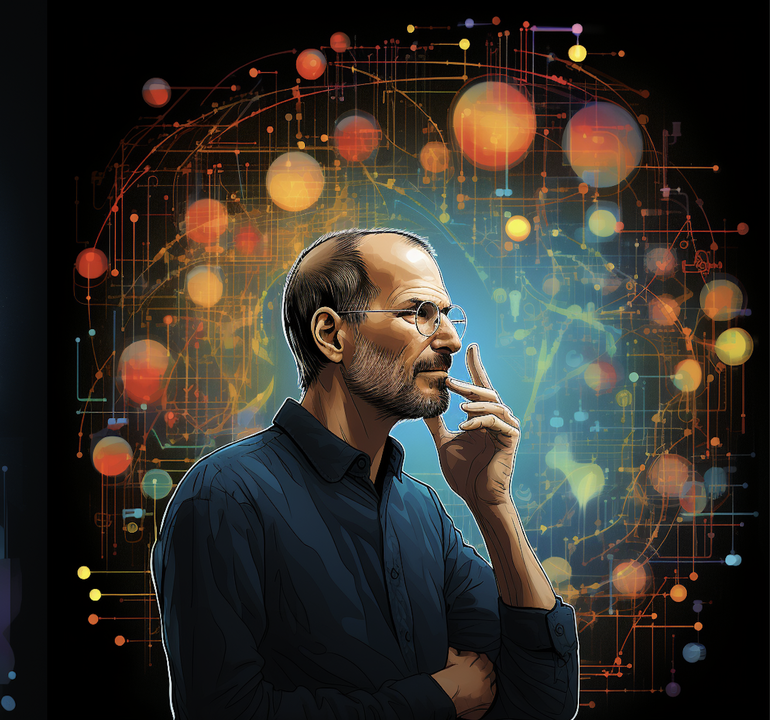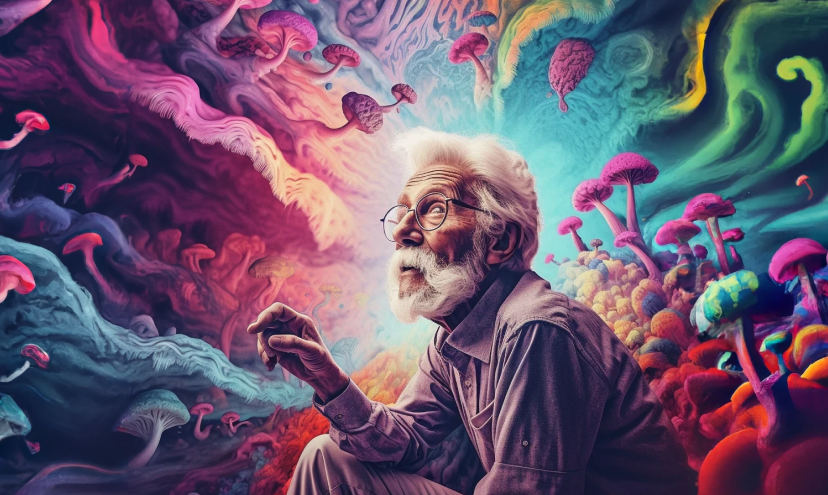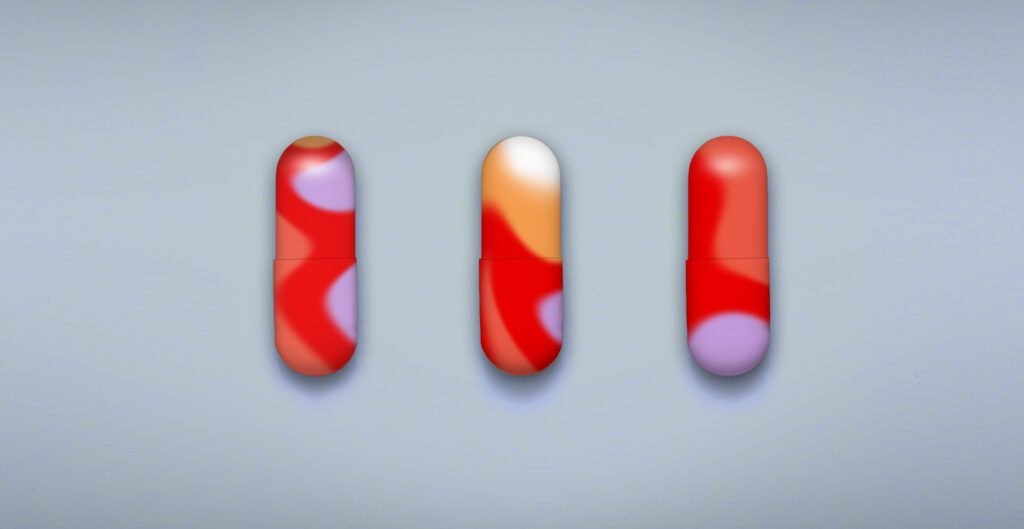
The relationship between psychedelic substances and technological innovation represents a fascinating and unexpected intersection in modern history. From Silicon Valley pioneers to computing breakthroughs, psychedelics have influenced the development of technology in profound ways.
The Counterculture-Technology Connection
In the 1960s and early 1970s, a unique cultural convergence occurred in the San Francisco Bay Area. The psychedelic counterculture movement coexisted alongside the nascent computer industry, creating an environment where unconventional thinking flourished. This period saw the emergence of what author John Markoff called “the countercultural roots of the digital revolution.”
Key Figures and Their Psychedelic Influences

Steve Jobs
Perhaps the most famous example is Apple co-founder Steve Jobs, who openly discussed how his LSD experiences shaped his creative vision. Jobs described taking LSD as “one of the most important things in my life,” crediting it with helping him think differently about design and user experience. This influence is evident in Apple’s human-centered, intuitive approach to technology.
Douglas Engelbart
The inventor of the computer mouse and pioneer of human-computer interaction, Douglas Engelbart, was reportedly influenced by psychedelics during his research at the Stanford Research Institute. His groundbreaking “Mother of All Demos” in 1968 introduced numerous technologies we now take for granted, including hypertext, video conferencing, and graphical user interfaces.
Stewart Brand
The creator of the Whole Earth Catalog, Stewart Brand, bridged the worlds of psychedelic exploration and early computing. After his own LSD experiences, Brand became instrumental in connecting the counterculture to emerging technologies through his publications and organizing the first Hackers Conference in 1984.
From Consciousness Expansion to Computational Thinking

Psychedelics‘ influence extended beyond individual inventors to affect broader conceptual frameworks in computing:
Expanded Consciousness and User Interfaces
The psychedelic experience of boundary dissolution and perceptual enhancement translated into design principles emphasizing intuitive, visually rich interfaces. This represented a departure from the text-based, command-line computing of earlier eras.
Interconnectedness and Networking
The sense of interconnection commonly reported during psychedelic experiences paralleled the development of computer networking technologies. The internet itself emerged partly from this ethos of connectivity and information sharing.
Alternative Reality and Virtual Reality
Early virtual reality pioneers like Jaron Lanier acknowledged connections between altered states of consciousness and the drive to create digital realities. The concept of technologically mediated reality shifts has roots in psychedelic thinking.
Modern Tech Culture and Microdosing

The relationship between psychedelics and technology continues today, with microdosing (taking sub-perceptual doses of psychedelics) becoming popular among tech workers seeking enhanced creativity and problem-solving abilities. Companies in innovation hubs like Silicon Valley have seen employees experimenting with these practices to boost productivity and creative thinking.
Ethical and Philosophical Implications
This historical connection raises important questions about the relationship between altered consciousness and technological progress. It suggests that transformative innovations may sometimes require stepping outside conventional thinking patterns—whether through psychedelics or other means of expanding perspective.
The legacy of psychedelics in technology reminds us that innovation often occurs at unexpected intersections, where different modes of thought and cultural movements converge to create something entirely new.
Final Thoughts

The influence of psychedelics on modern technology represents more than a historical curiosity—it reveals a profound connection between consciousness exploration and technological innovation. What began as a countercultural experiment in the 1960s and 70s has left an indelible mark on the digital world we inhabit today.





